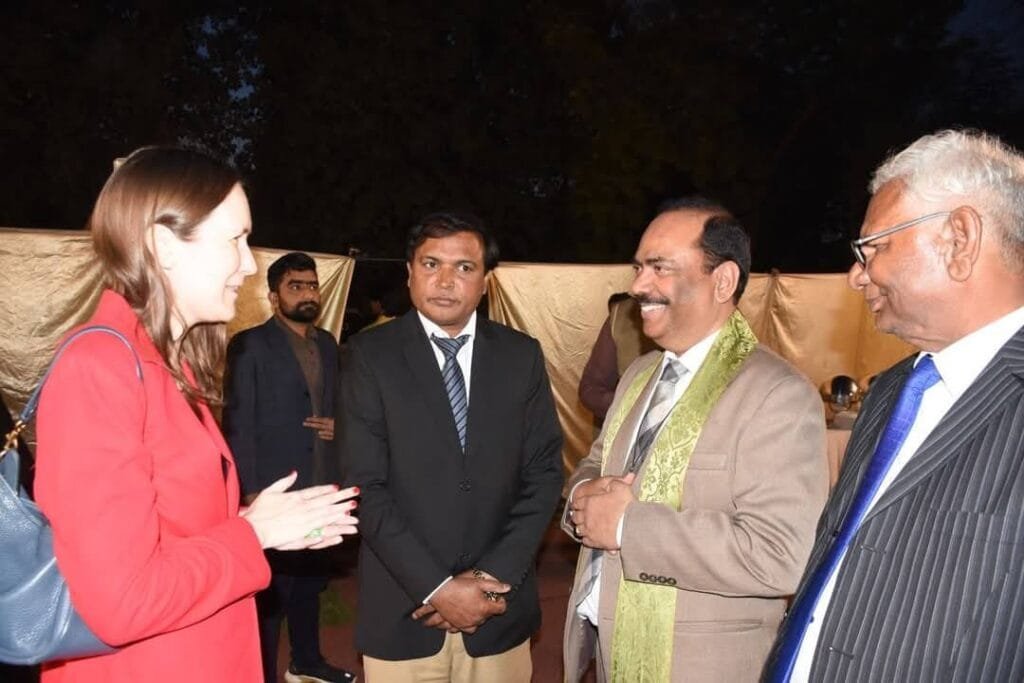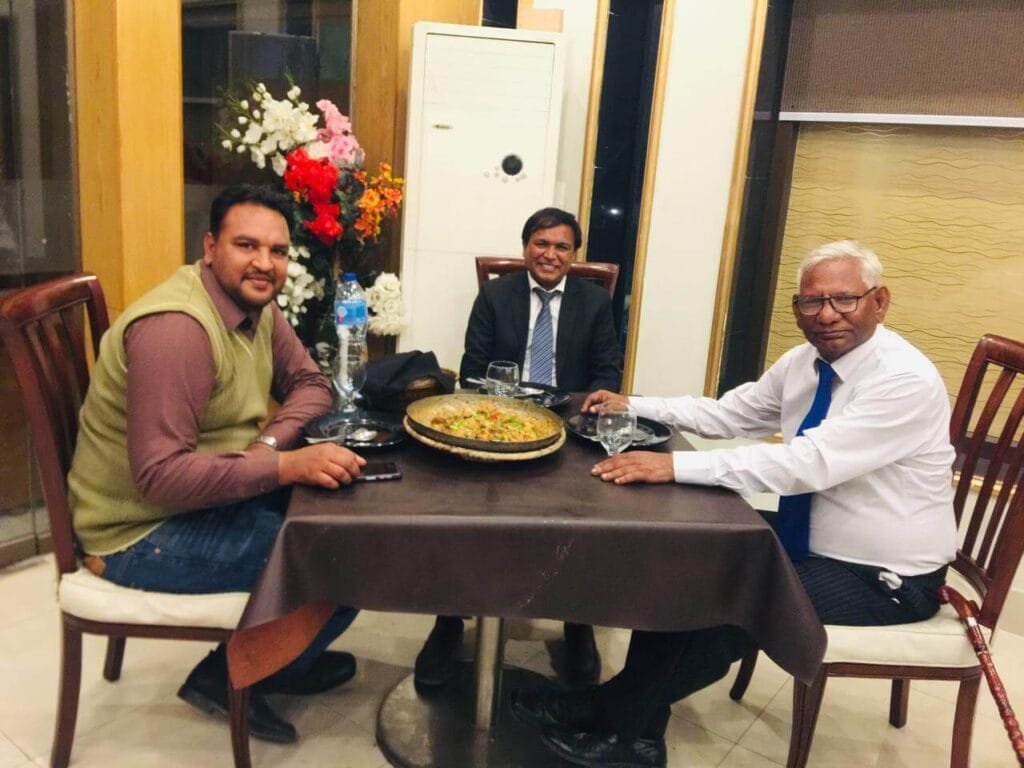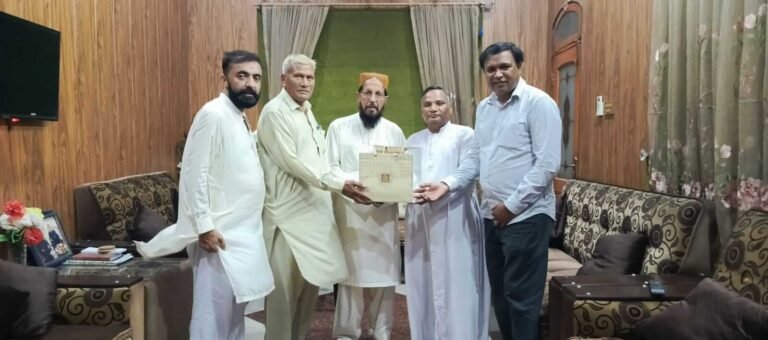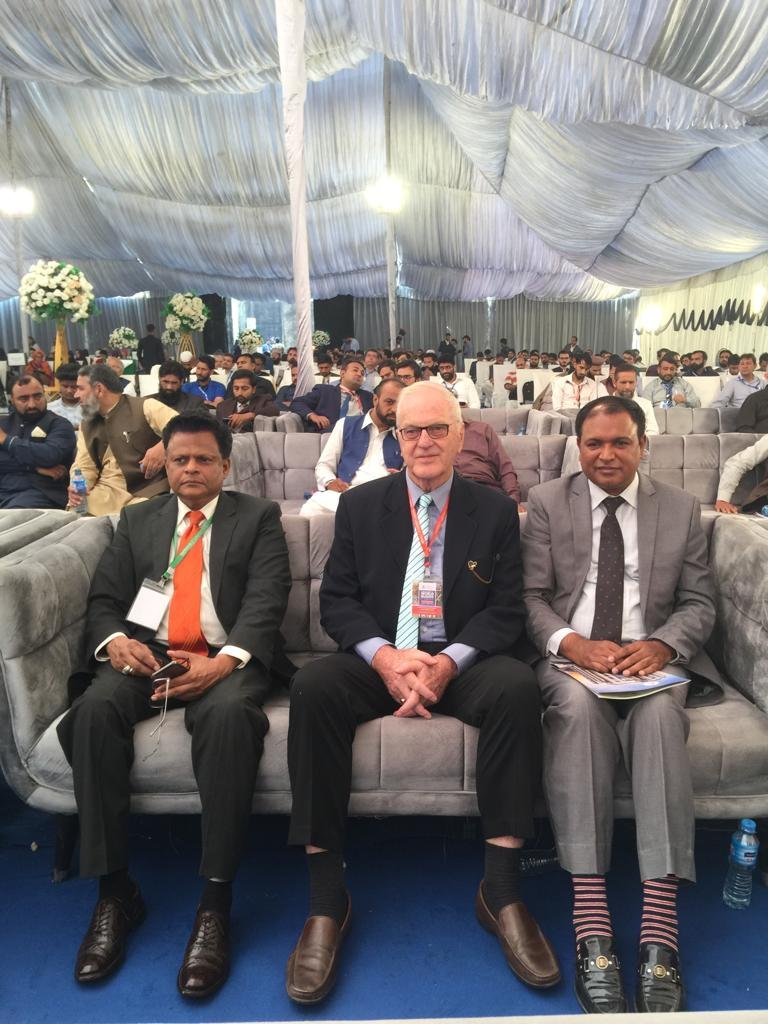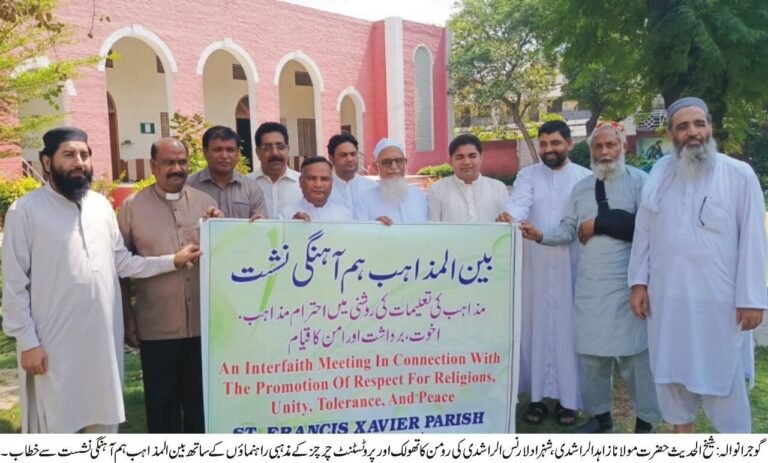Inter-Religious Iftar
In Pakistan, the sacred months of Ramadan for Muslims and the Lenten season for Christians are being observed with devotion and spiritual reflection. These parallel periods of fasting and prayer create a meaningful opportunity for both communities to deepen their faith and demonstrate compassion toward others. Recognizing this special time, EPID Rabata Society has taken the initiative to promote mutual respect and understanding through interfaith activities.
Shahzad Lawrence president EPID Rabata Society organized and participated in various inter-religious programs, bringing Muslim and Christian leaders, scholars, youth, and community members together. These gatherings highlighted the common values of kindness, sacrifice, charity, and peace found in both faiths. Through seminars, dialogues, and community service projects, participants shared their traditions and prayers, building stronger relationships and fostering an environment of tolerance and brotherhood.
Such efforts by EPID Rabata Society along with stakeholders are vital in nurturing interfaith harmony in Pakistan, where diverse religious communities coexist. By encouraging mutual respect and highlighting the importance of peaceful coexistence, these programs not only strengthen community bonds but also set a positive example for younger generations. The organization remains committed to continuing these meaningful engagements to promote unity and understanding across religious lines.
Inter-religious programs can lead to several positive outcomes that greatly benefit society. One of the most significant outcomes is the promotion of peace and tolerance among different faith communities. By bringing people of various religions together for dialogue and understanding, misconceptions and prejudices can be addressed, reducing the chances of conflict and misunderstandings. These efforts help cultivate respect for religious diversity and create a culture of peaceful coexistence.
Another outcome is the strengthening of community relationships and social bonds. Interfaith programs encourage
collaboration on common goals such as charity, education, environmental protection, and community welfare. Through joint efforts, people learn to value cooperation over division, leading to stronger, more united neighborhoods where everyone feels respected and supported regardless of their faith.
Lastly, inter-religious programs can inspire younger generations to adopt values of empathy, acceptance, and unity. When youth witness religious leaders and communities coming together in harmony, they are more likely to reject hatred and extremism. This not only contributes to a more peaceful society but also prepares future leaders who will continue to build bridges between communities and promote social harmony in the years to come.


